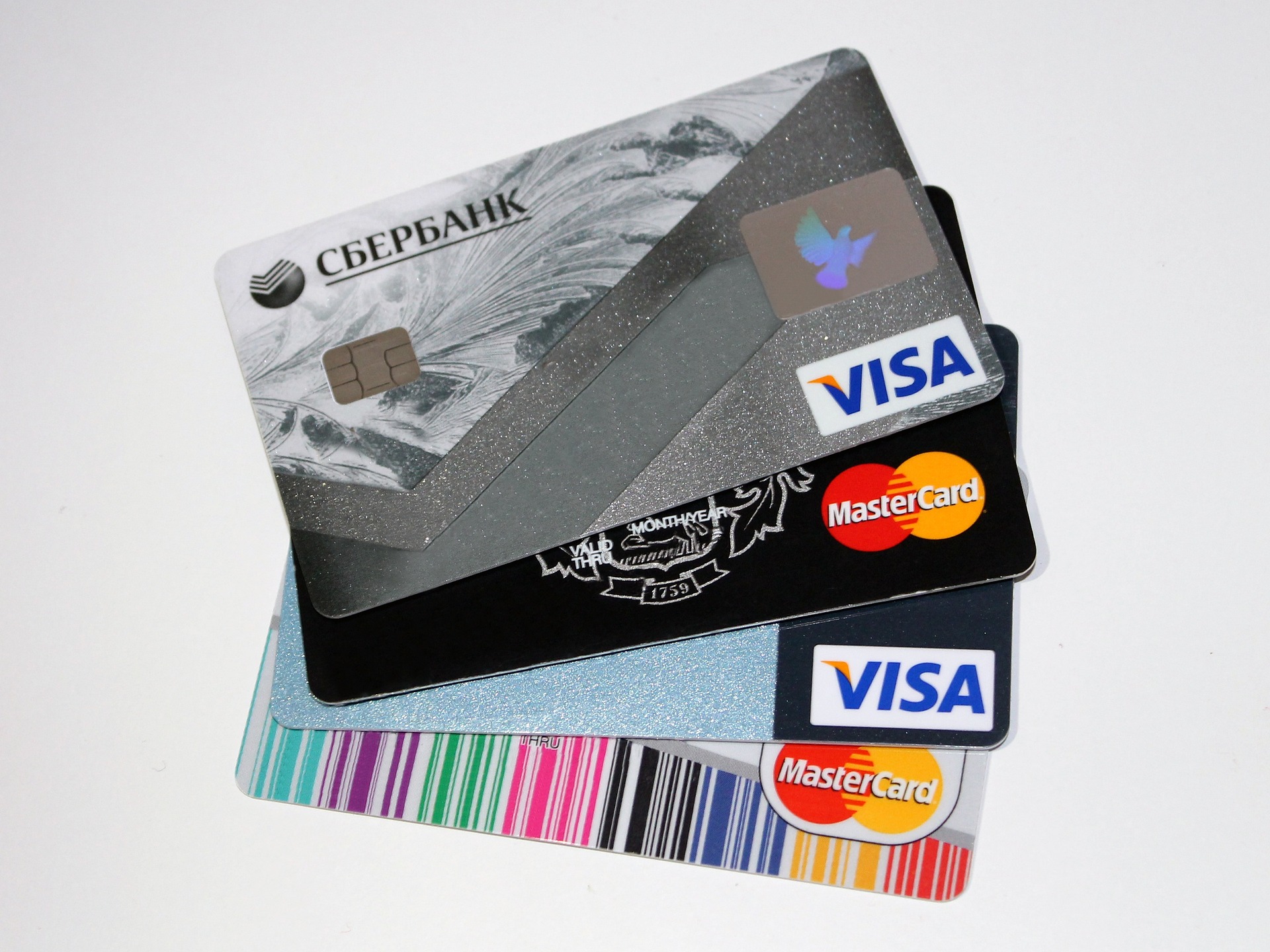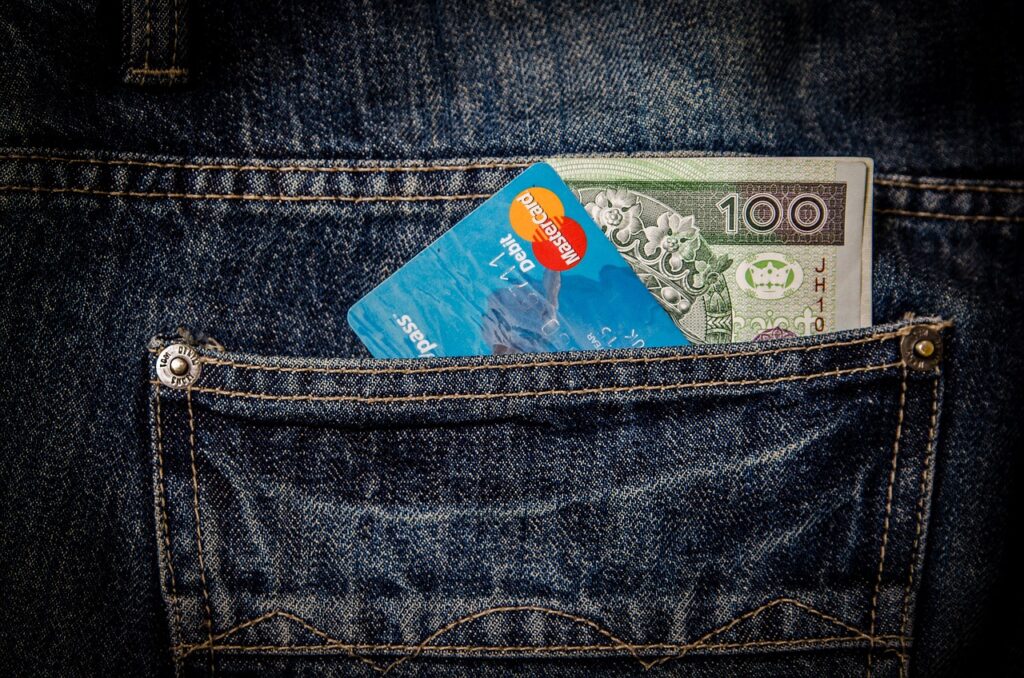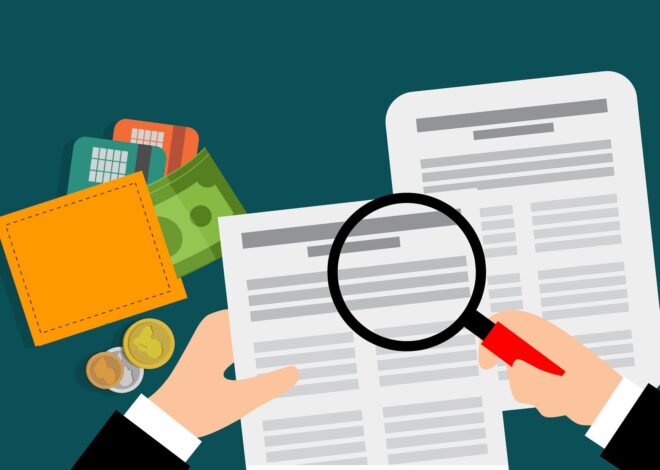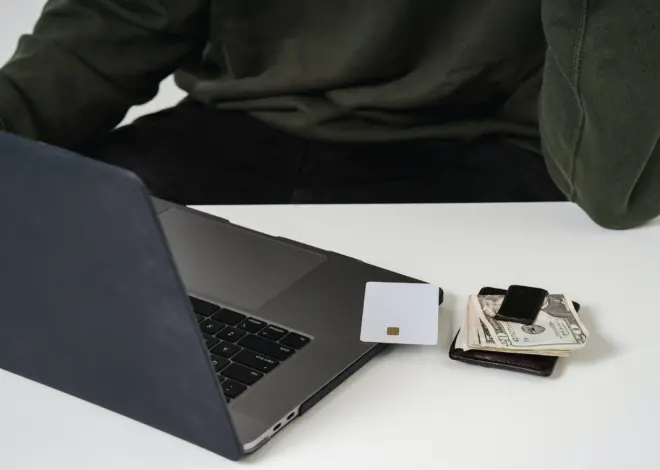
Mastering Credit Cards: A Comprehensive Beginner’s Guide
Understanding Credit Cards: What They Are and How They Work
A credit card is a payment card issued by a financial institution, typically a bank, that allows cardholders to borrow funds with which to pay for goods and services. The borrowed money must be paid back within a certain period of time, often with interest.
How Credit Cards Work
When you make a purchase with a credit card, you are essentially borrowing money from the credit card issuer. The issuer pays the merchant for your purchase, and you are obligated to pay back the issuer.
Each month, the credit card issuer will send you a statement detailing all of the transactions you made with the card during the billing cycle. You can choose to pay off the entire balance by the due date to avoid interest charges, or you can pay a portion of the balance and carry the rest over to the next billing cycle, which will result in interest charges.
Credit Limit
Each credit card has a credit limit, which is the maximum amount of credit the issuer has made available to you. Your credit limit is determined by several factors, including your credit score, income, and ability to repay.
Interest and Fees
If you do not pay off your balance in full by the due date, you will be charged interest on the remaining balance. The interest rate, also known as the annual percentage rate (APR), can vary greatly from one card to another.
In addition to interest, credit cards can come with a variety of fees, including annual fees, late payment fees, and foreign transaction fees. It’s important to understand all of the potential costs associated with a credit card before you decide to use one.
Credit Card vs. Debit Card
While credit cards and debit cards may look similar, they function very differently. When you use a debit card, the money is immediately deducted from your checking account. With a credit card, you are borrowing money that you promise to pay back.

Types of Credit Cards: Choosing the Right Card for You
Credit cards come in various types, each designed to suit different financial needs and spending habits. Here are some of the most common types:
Standard Credit Cards
These are your basic credit cards that do not offer any rewards or special features. They are often used for their convenience and are a good option for individuals who pay their balance in full each month.
Rewards Credit Cards
Rewards credit cards allow you to earn points, miles, or cash back on your purchases. The type of rewards you can earn often depends on where and how you use your card. Some cards offer more rewards for certain categories of spending like travel, dining, or groceries.
Balance Transfer Credit Cards
These cards allow you to transfer balances from other credit cards and pay off the debt at a lower interest rate. They are a good option for individuals looking to consolidate their credit card debt and pay it off more quickly.
Student Credit Cards
Student credit cards are designed for college students who are new to credit. They typically have lower credit limits and may offer rewards for good grades and responsible credit use.
Secured Credit Cards
Secured credit cards require a security deposit that serves as your credit limit. These cards are designed for individuals with no credit history or poor credit who are trying to build or rebuild their credit.
Business Credit Cards
Business credit cards are designed for business use and often come with features and rewards that benefit businesses, such as expense tracking and rewards for office supply purchases.
Choosing the right credit card depends on your financial needs, spending habits, and credit history. It’s important to understand the features and costs of each type of card before making a decision.

Applying for a Credit Card: What You Need to Know
Applying for a credit card is a significant financial decision. Here are some key points you need to know:
Check Your Credit Score
Before applying for a credit card, it’s important to check your credit score. Your credit score is a numerical representation of your creditworthiness, and it’s one of the main factors that credit card issuers consider when deciding whether to approve your application.
Understand the Application Process
The credit card application process typically involves filling out an application form with your personal and financial information. You’ll need to provide details like your name, address, Social Security number, employment information, and income.
Know the Terms and Conditions
Before you apply for a credit card, make sure you understand the terms and conditions. This includes the interest rate, annual fee, grace period, late payment penalties, and any rewards or benefits that come with the card.
Consider the Type of Credit Card
As mentioned in the previous section, there are several types of credit cards, including rewards cards, balance transfer cards, student cards, and secured cards. Consider your financial situation and spending habits to determine which type of card is best for you.
Wait For Approval
Once you’ve submitted your application, the credit card issuer will review it and check your credit. If approved, you’ll receive your new card in the mail. If not, the issuer is required to tell you why.
Remember, applying for too many credit cards in a short period of time can negatively impact your credit score. It’s important to research and choose your credit card carefully.
Using Your Credit Card Wisely: Tips and Best Practices
Credit cards can be a powerful financial tool when used responsibly. Here are some tips and best practices for using your credit card wisely:
Pay Your Balance in Full Each Month
To avoid interest charges, try to pay your balance in full each month. If you can’t pay in full, try to pay more than the minimum payment to reduce your interest charges.
Don’t Max Out Your Credit Card
Try to keep your credit utilization ratio — the percentage of your credit limit you’re using — below 30%. High credit utilization can negatively impact your credit score.
Use Your Credit Card for Budgeted Expenses
Use your credit card for regular, budgeted expenses like groceries and gas. This can help you earn rewards and build credit without overspending.
Take Advantage of Your Card’s Benefits
Many credit cards offer benefits like rental car insurance, extended warranties, and fraud protection. Be sure to understand and take advantage of these benefits.
Avoid Cash Advances
Cash advances usually come with high fees and interest rates. Try to avoid them unless absolutely necessary.
Monitor Your Account Regularly
Regularly check your credit card account for fraudulent charges or errors. Most credit card companies have apps that make it easy to monitor your account on the go.
Remember, a credit card is a financial tool, not extra income. Use it responsibly to reap the benefits and avoid debt.
Credit Card Rewards and Benefits: Making the Most of Your Card
Credit cards offer a variety of rewards and benefits that can provide significant value to cardholders. Understanding these rewards and benefits is key to maximizing the value of your credit card.
Types of Credit Card Rewards
There are three main types of credit card rewards: cash back, points, and miles.
- Cash back is the most straightforward type of reward. For every dollar you spend, you receive a percentage back as a statement credit, check, or deposit into a bank account.
- Points can be redeemed for a variety of rewards, including travel, merchandise, gift cards, or cash back. The value of points can vary depending on how they’re redeemed.
- Miles are similar to points but are typically tied to a specific airline or hotel chain. Miles can be redeemed for flights, hotel stays, upgrades, and more.
Maximizing Your Rewards
To maximize your credit card rewards, consider the following strategies:
- Align your spending with your rewards: Choose a card that rewards the categories where you spend the most. For example, if you frequently travel, a card that offers bonus points on travel purchases may be beneficial.
- Pay your balance in full each month: Rewards can be negated by interest charges if you carry a balance. To avoid this, pay your balance in full each month.
- Take advantage of sign-up bonuses: Many cards offer lucrative sign-up bonuses if you spend a certain amount within the first few months of opening the account.
- Redeem your rewards wisely: Be strategic about how you redeem your rewards. For example, some cards may offer a higher redemption value for travel rewards compared to cash back.
Understanding Credit Card Benefits
In addition to rewards, many credit cards offer a suite of benefits that can add value. These may include:
- Travel benefits: These can include travel insurance, airport lounge access, free checked bags, and more.
- Purchase protections: Many cards offer protections such as extended warranties, price protection, and purchase protection that can reimburse you if an item you buy is damaged, stolen, or if the price drops after purchase.
- Exclusive access: Some cards offer exclusive access to events, concerts, and experiences.
Remember, the key to mastering credit card rewards and benefits is understanding what your card offers and using it strategically. By doing so, you can make your credit card work for you and potentially save hundreds or even thousands of dollars each year.
Managing Credit Card Debt: Strategies and Solutions
Credit card debt can be overwhelming, but with the right strategies, it’s possible to manage and overcome it. Here are some strategies and solutions for managing credit card debt:
Understand Your Debt
The first step in managing credit card debt is understanding exactly what you owe. Make a list of all your credit cards, the balances, the interest rates, and the minimum payments. This will give you a clear picture of your debt and help you develop a plan to tackle it.
Create a Budget
A budget is a crucial tool in managing debt. It helps you understand where your money is going and identify areas where you can cut back. The money saved can then be used to pay down your debt.
Pay More Than the Minimum
While making the minimum payment on your credit card will keep your account in good standing, it won’t do much to reduce your debt. Interest charges can quickly add up, so try to pay more than the minimum whenever possible.
Prioritize Your Debts
If you have multiple credit cards, prioritize paying off the ones with the highest interest rates first. This is known as the ‘avalanche method’. Alternatively, you can start with the smallest debt first (the ‘snowball method’) to gain momentum.
Consider a Balance Transfer
A balance transfer involves moving your debt from a card with a high-interest rate to one with a lower rate. This can save you money in interest and help you pay off your debt faster. Be aware of any fees associated with balance transfers.
Seek Professional Help
If you’re struggling to manage your debt, consider seeking help from a credit counseling agency. They can provide advice and may be able to negotiate with your creditors on your behalf.
Remember, overcoming credit card debt takes time and discipline. Stay patient, stick to your plan, and slowly but surely, you’ll chip away at your debt until it’s completely gone.









Thanks for your help and for writing this post. It’s been great.
I intended to send you one tiny remark to finally say thanks a lot once again for your personal wonderful views you have featured on this website. It was extremely generous of you to present openly exactly what some people could possibly have sold as an e-book in making some money on their own, notably considering that you could have tried it if you ever considered necessary. The concepts as well worked to become a easy way to be aware that someone else have the same dreams the same as my very own to know a little more on the subject of this condition. I am sure there are millions of more fun situations up front for folks who go through your blog.
I’ve been exploring for a little bit for any high quality articles or weblog posts on this sort of space . Exploring in Yahoo I at last stumbled upon this website. Studying this info So i抦 glad to exhibit that I’ve a very just right uncanny feeling I came upon exactly what I needed. I so much certainly will make sure to don抰 disregard this site and provides it a glance on a continuing basis.